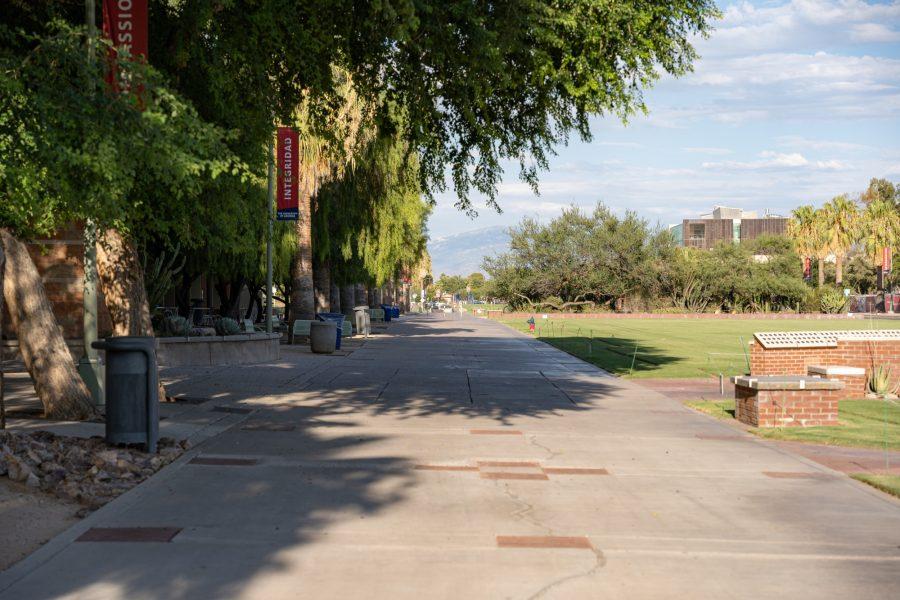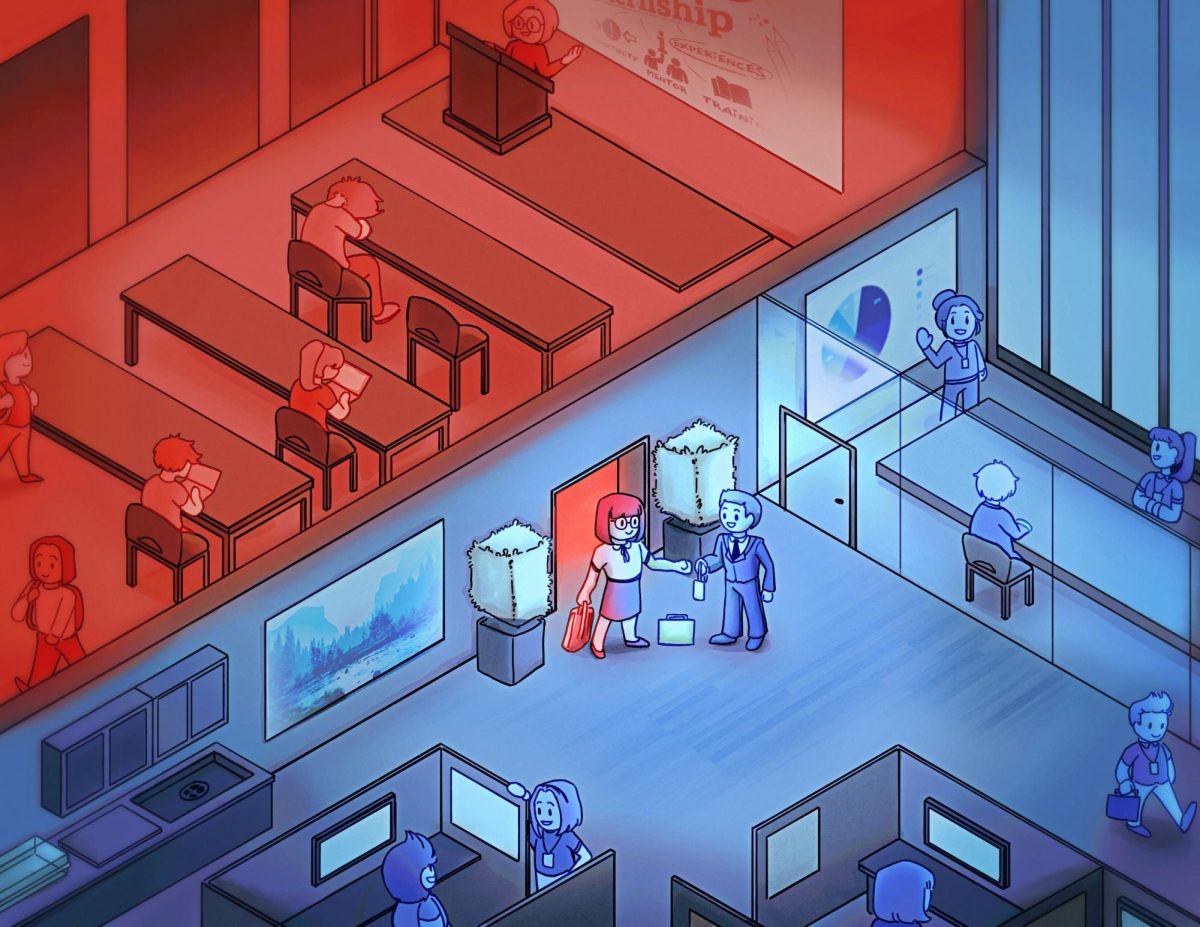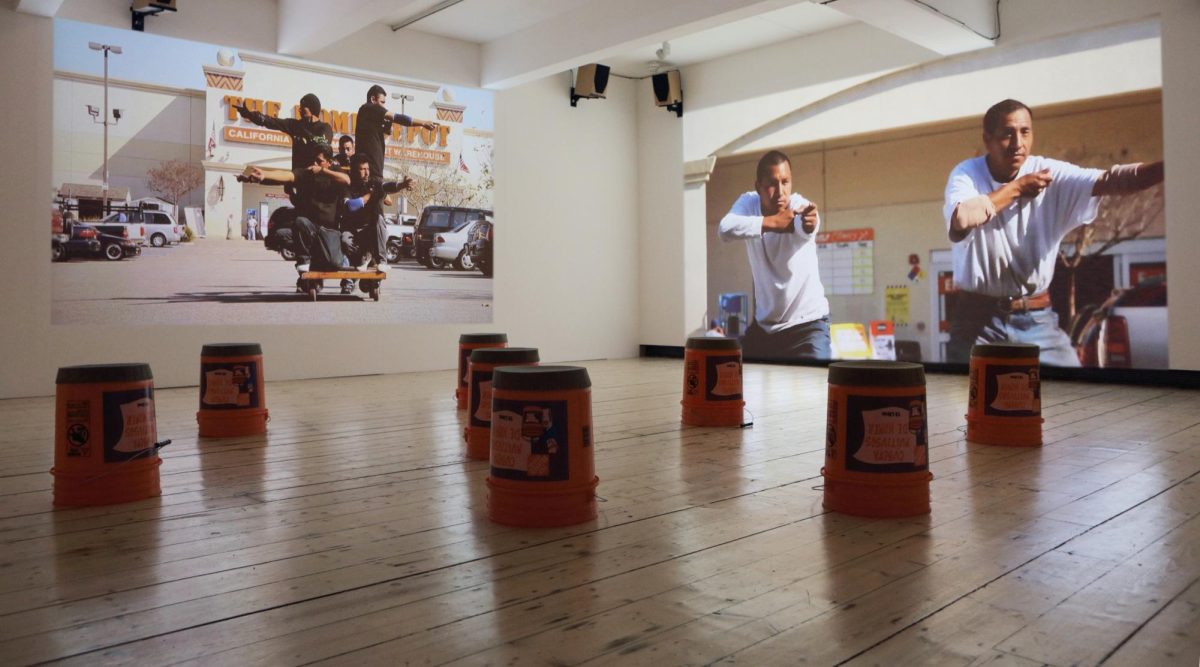Students, staff and faculty members are getting ready to start a new school year as the reentry on campus is around the corner. The University of Arizona will officially start the fall semester on Aug. 24, but this time the campus life will have a different look than other years.
COVID-19 made the world take an unexpected turn forcing companies, schools and universities to make remote work available. The UA has been working on a reentry plan, which includes the implementation of new protocols to address the any issue related to COVID-19.
People directly affected by these policies, such as students and professors, showed their concerns about the topic.
RELATED: Campus reentry update: Robbins and Carmona discuss downward COVID-19 trends and dorm move-in
Ruxandra Guidi, an assistant professor of practice at the UA School of Journalism, had so many questions about getting back to campus with unclear answers.
“What is in place to safeguard us from getting sick? How do we respond if one of our students is sick? What are our rights if we do get sick? How do we prevent us and others from getting our families and neighbors sick? I hear different things from various UA departments, and I have little confidence that university administrators have our health and well-being in mind,” Guidi said via email.
Vincent Jasso, a political science and public management & policy senior, mentioned that his biggest concern on coming back to campus was how the university will reinforce the new rules.
“I believe the mask rule will be really difficult to enforce. There have been a lot of people that have expressed their opposition to using masks,” Jasso said via email. “I’m not the biggest fan of coming back to campus.”
In terms of living on campus, Jasso, who was going to be living in the dorms by himself, was worried about how the bathroom’s sanitization is going to work.
“I’m hoping the university steps up its sanitation of the bathrooms in the dorms and handles situations of cases in the dorms well,” Jasso said in an email.
Natalie Feldman, a UA student and Tucsonan, has been near the UA campus all her life since she went to high school just a block away. Feldman was going to be living off-campus in an apartment with three roommates. She mentioned that having a conversation with your roommates on important topics was a good way to keep everyone on the same page.
Feldman was aware that the fall semester won’t be an ordinary semester online and missed some of the smaller things about university life.
“Walking to class was really therapeutic for me and I’m kind of sad that I don’t get to walk to class anymore,” Feldman said.
RELATED: Here’s what the Student Union will look like in the fall
Many students used to spend a lot of time on campus, either as away for studying purposes or as a meeting place.
Jacqueline Rodriguez, who was starting off her senior year, was discontent about going into her last year of college full online.
“I was everywhere on campus and I was always surrounded by people,” Rodriguez said.
Students may go to college with the idea of pursuing freedom. For many of the students, college is the first time they leave home. But while COVID-19 cases are pretty high in Arizona, the expectations of having a college life have been altered.
“I think for those that were wanting to have a social life of partying and big social events likely won’t have it this fall. It’ll be too difficult to have large public gatherings without running a risk of spreading COVID-19,” Jasso said.
RELATED: UA filmmakers’ big night: I Dream in Widescreen 2020
The college experience that many have aspired to faded away with the COVID-19 outbreak has made a lot of students think about taking a gap year.
“The college experience at the end of the day is just like having your own freedom as part of it, but also just having and education and being able to use that education in the future,” Feldman said.
Feldman affirmed some of her friends have thought about taking a gap year, but she said it was not for her.
For the last couple of months, some students have learned how to adapt to situations that they were not familiar with.
“[Going full online classes] won’t be that much of an adjustment,” Feldman said, “and I think that maybe a lot of students would be in the same boat just because we’ve been doing this already.”
Follow Diana Ramos on Twitter















